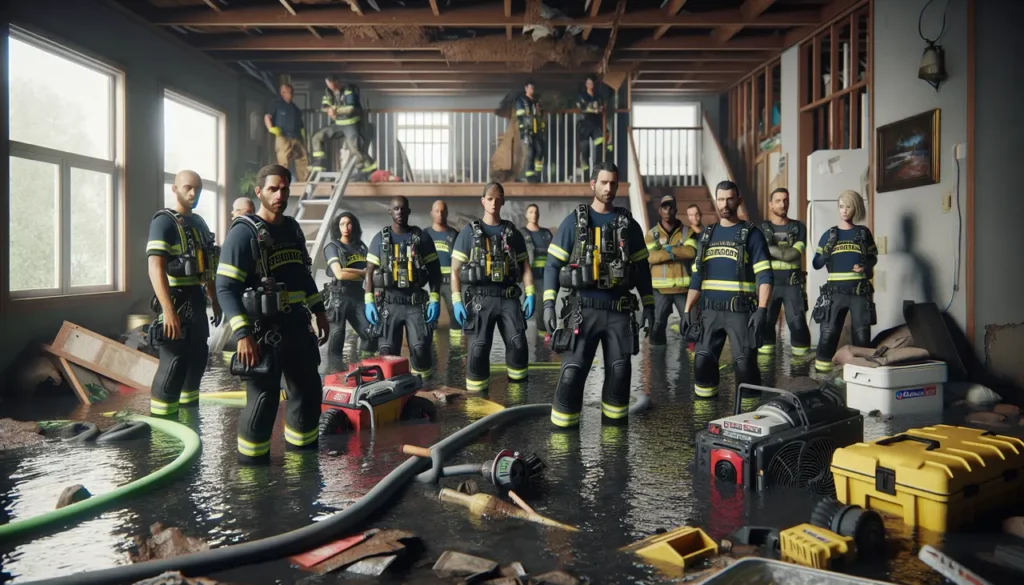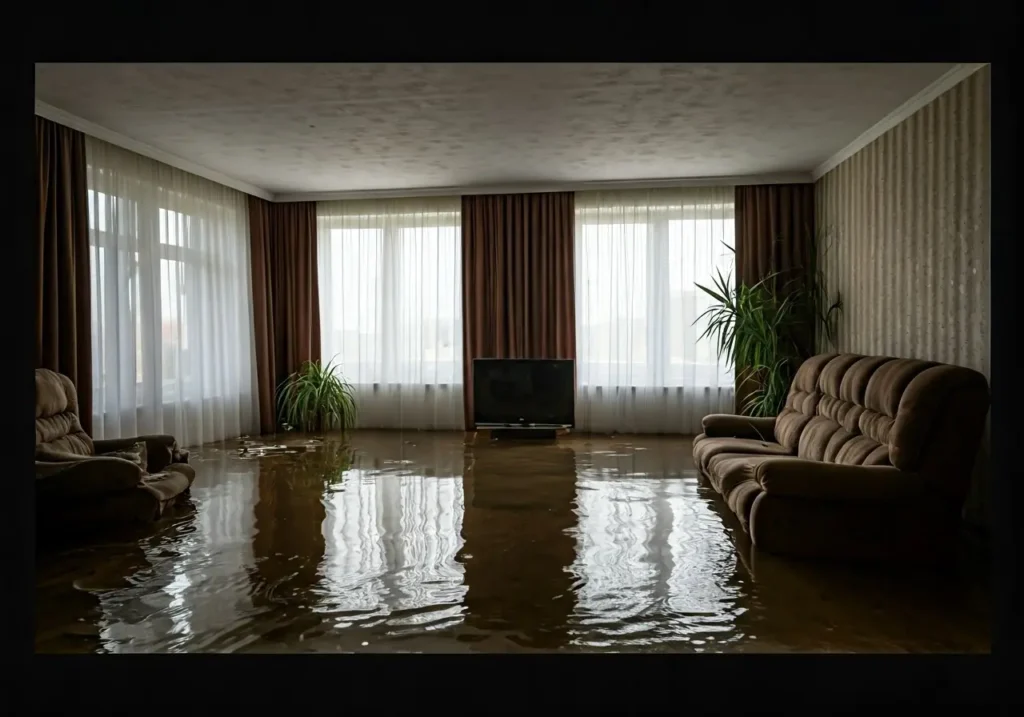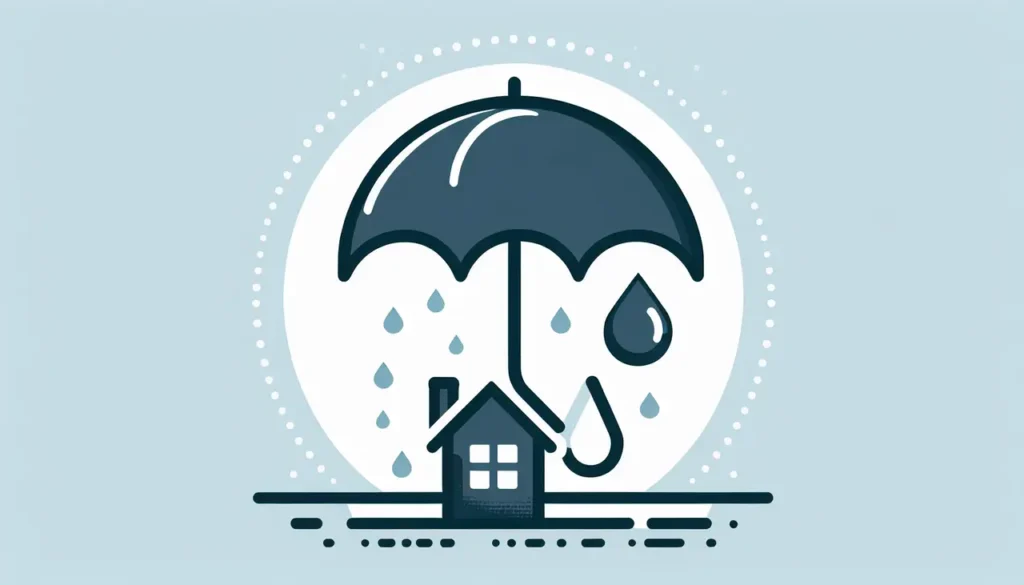
How to Recover After Water Damage in Los Angeles with an Emergency Company
Learn how to effectively recover from water damage in Los Angeles with tips from an emergency water damage company in our ultimate guide.
Professionals ensure the power is turned off in affected areas, utilize protective gear, and assess the water category to ascertain and mitigate potential health risks.
Businesses can deploy regular maintenance checks, install early-detection systems, and formulate contingency plans to ensure swift remediation in case of water incidents.
Restoring older buildings necessitates a delicate balance between preserving architectural integrity and ensuring modern safety standards. Professionals may need to employ specialized techniques and materials for such projects.
Always verify a company’s certifications, preferably those from recognized institutions like the Institute of Inspection Cleaning and Restoration Certification (IICRC). Additionally, consult reviews and testimonials for added assurance.
Clean water damage originates from uncontaminated sources like broken water lines. Black water damage, on the other hand, results from sewage backups or floodwaters and contains harmful pathogens.
Engaging professionals for water extraction ensures complete removal, preventing secondary damages like mold growth or structural weakening.
Dehumidifiers are vital for extracting moisture from the air, assisting in drying the premises rapidly and preventing mold proliferation.
Depending on the damage’s extent and the contamination level, some carpets and upholstery can be restored. Immediate professional intervention increases the likelihood of salvage.
Water damage can significantly compromise the structural integrity of your property by weakening essential components such as wood, drywall, and other building materials, causing them to warp, rot, or lose strength over time. This deterioration can affect the stability of walls, floors, and ceilings. Additionally, water can seep into the foundation, leading to cracks and shifts that may result in uneven floors, misaligned doors and windows, and potentially even structural collapse if not promptly addressed. The presence of water also fosters mold growth, which not only damages materials further but also poses health risks. Metal components like nails, screws, and beams can corrode due to water exposure, reducing their effectiveness and potentially leading to structural failure. Insulation becomes waterlogged and loses its effectiveness, leading to higher energy costs and additional moisture problems. Furthermore, water damage can create electrical hazards by affecting the wiring, leading to short circuits, fires, or electrocution risks. Swift action is essential to mitigate these issues and preserve the structural integrity of your property. If you need more information on any specific aspect, feel free to ask!
Professionals utilize advanced tools like moisture meters and infrared cameras to detect concealed moisture, ensuring comprehensive remediation.
Mold thrives in damp environments. If water damage isn’t promptly and adequately addressed, mold can proliferate, posing health and structural risks.
Remaining in your home during the restoration process depends on several factors, including the extent of the damage, the type of restoration work being done, and any health risks involved. For minor water damage or localized repairs, it may be safe to stay, provided that the work areas are well-contained and do not pose any immediate hazards. However, if the damage is extensive, such as significant structural issues, widespread mold, or biohazard cleanup, it might be safer to temporarily relocate. Restoration processes often involve the use of heavy equipment, chemicals, and other materials that could pose risks to health and safety, especially for children, pets, or individuals with respiratory issues. Additionally, the noise and disruption from ongoing work can be inconvenient. It’s essential to consult with the restoration professionals to assess the specific situation and make an informed decision based on their recommendations. If you need further guidance on this, feel free to ask!
Water damage can have a significant impact on electrical systems, posing serious safety risks and potentially leading to costly repairs. When water comes into contact with electrical wiring, outlets, or appliances, it can cause short circuits, which may result in electrical fires or damage to the electrical components. Water can also lead to corrosion of metal parts within the electrical system, reducing their effectiveness and potentially leading to system failures. Additionally, moisture can create conductive paths that may lead to electrocution risks if someone comes into contact with affected areas. It’s crucial to have a professional electrician assess and repair any water-damaged electrical systems to ensure safety and prevent further damage. If there’s any suspicion of water damage impacting your electrical system, it’s advisable to turn off the power to the affected areas and seek professional help immediately. If you have more questions or need further clarification, feel free to ask!

Recognizing signs of water damage early on can help you take swift action to address the issue and prevent further deterioration. If you suspect water damage, it’s recommended to contact professionals for a thorough assessment and restoration.
The duration of restoration depends on the severity of the damage. While minor damages might require a few days, extensive ones could span several weeks. Most important thing is to make sure all is dry and ready for rebuild.
Homeowners’ insurance typically covers sudden and unforeseeable damages, such as those from a burst pipe. However, damage resulting from deferred maintenance or gradual leaks might not be covered. Consultation with your insurance provider is recommended.
Persistent water damage can lead to mold proliferation, which has associated health risks including allergies and respiratory problems. Swift remediation is imperative to mitigate these risks.
Proactive measures include routine inspections of potential problem areas, proper maintenance of appliances, and ensuring roofs and plumbing systems are in good condition. Water alarms can also be beneficial.
The duration for water damage restoration varies based on the damage’s extent and the affected materials. However, on average, drying typically takes between 3-5 days, with complete restoration possibly spanning several weeks.
Yes, prolonged exposure to moisture can cause foundation settling or cracking, compromising the building’s structural integrity and demanding immediate remediation.
Water damage is categorized into three types: Category 1 (Clean Water), Category 2 (Grey Water – contains contaminants), and Category 3 (Black Water – highly contaminated and harmful).
Technicians typically use specialized equipment to extract moisture and employ dehumidifiers to expedite the drying process, aiming to restore wooden items to their pre-damage condition.
Water-damaged electronics are meticulously handled, dried, and cleaned. However, it’s crucial to consult a specialist before powering up any potentially water-damaged electronic equipment.

Learn how to effectively recover from water damage in Los Angeles with tips from an emergency water damage company in our ultimate guide.

Discover how our Los Angeles damage restoration company excels in water damage restoration services to help your home recover today!

Learn how home owners insurance protects you from water damage in our comprehensive guide on ‘Does home owners insurance cover water damage?’.